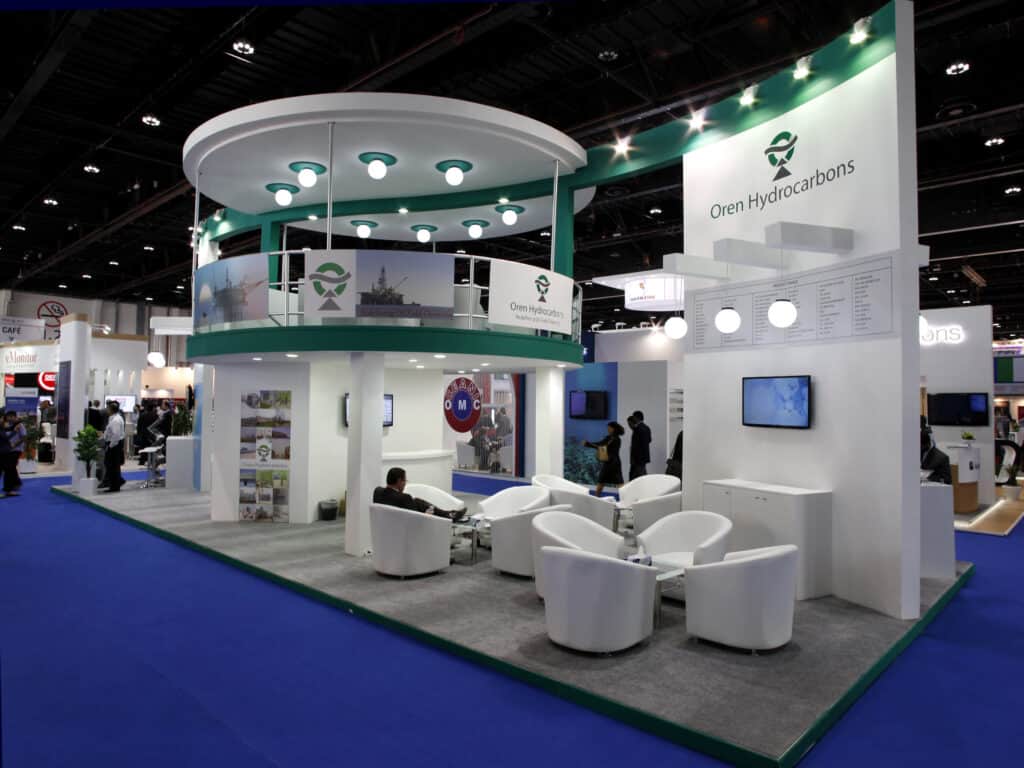[ad_1]
Andrew Lau is co-founder and CEO of Jellyfish, a pioneering Engineering Management Platform. For more information, visit jellyfish.co.
getty
This is a stressful time to be in tech. While the market brings new swings with each passing day, it seems clear that we’re seeing a course correction as tech companies lose billions in market value. For the companies and founders that only know the past few years, it feels like the sky is falling. Gone are the days of sky-high valuations and massive funding rounds. Instead, venture capital firms like Sequoia (paywall) and Y Combinator are telling firms to prepare for a downturn.
If you’ve been in the tech industry longer, then you’ve seen this movie before—in my case, this is the fourth showing. I was an engineering leader at Endeca when the dot-com bubble burst, and I was taking my first shots at founding new ventures in the aftermath of the Great Recession. In 2020, I was trying to maintain stability as CEO of Jellyfish while tech founders were paralyzed by the pandemic, and now I’m still here, trying to make sense of the next big market shake-up.
Although each economic crisis might feel like a new problem, the truth is that we’re getting better at navigating rough waters. By applying the lessons from the dot-com bubble, the Great Recession and even the early days of Covid-19, we can make it out of this downturn alive—and if you know what you’re doing, you’ll even come out better for it. The keys to survival are data, planning and a change in mindset that borders on greed.
Get rational.
When money gets tight, everyone in the company starts to feel the pressure. From the CEO and CFO down to individual team leads, people want to find the solution that will get them out of the crisis and onto safer ground. This pressure can lead people to do irrational things. During the dot-com bust, a huge number of organizations simply instituted wholesale, draconian cuts in headcount in order to reduce spending. But when you cut every department equally—specifically those that drive growth, revenue and innovation—you end up hurting yourself in terms of long-term recovery. Once those expert engineers and sales leaders are gone, they’re gone. Good luck replacing them.
The only way to keep executives and managers within a company from coming for each other is to institute a logical, data-backed plan for recovery. Identify the aspects of the business that will help drive growth and innovate your company out of the crisis. This is something we learned and applied as an industry in 2008—after the dot-com bubble, companies knew better than to cut down their most important muscles. However, those companies didn’t have the data to understand and communicate what areas of the business were most important. Now we do.
Instead of saying what the plan should be, company leaders should show what the plan should be by using data. Don’t just tell your employees to trust your judgment—“trust me” may work for a quarter or two, but that trust will disappear as your company continues to languish through a recession. Providing a data-backed road map will show even the most skeptical team member that you have a long-term path back to growth.
Get defensive.
If we’ve learned anything from the past three economic crises, it should be this: Don’t start by looking for things to cut. Instead, find the initiatives and resources that you need to defend and support in order to grow the business. What are the product features that will attract new customers and convince existing customers to maintain their investment? Put simply: How does the business make its business? Protect those investments above all.
At all times, use data to communicate why you’re protecting the things you’re protecting. Not every team is going to see their initiatives supported during tough economic times, and you’ll need a good justification to explain to someone why water is on deck but they’re not being given a lifeboat.
Get greedy.
We’ve all seen the Warren Buffett quote a hundred times by now: “Be fearful when others are greedy, and greedy when others are fearful.” What does that mean in practice? How am I supposed to be greedy when my access to financing dried up overnight?
The practical answer is agility and opportunism. An economic crisis will present sudden opportunities that would have been unthinkable months ago—the chance to make the kind of hire or acquisition that will change the course of your company or even through more creative means by gaining market share at a discount with a product-oriented growth strategy. There won’t be time for debate and discussion. You’ll need speed, greed and clarity of purpose to make the right decision.
The most common mistake for business and engineering leaders during a crisis is lethargy. Afraid to make the wrong move, these leaders will instead wait for someone else to tell them what the problem is, and by the time they find out, it’s already too late. The companies who are the last to catch on to the changing economic winds are most likely to be the ones getting acquired at a discount a few months later.
It’s too soon to tell whether the current economic uncertainty is a short-term blip or a long-term correction, and anyone that tells you they know for certain is lying. Regardless, no business will regret the steps it takes to become a more efficient enterprise. The end result of all that data, planning and greed is a shrewd organization that can survive lean periods and grow quickly when things take a turn for the better.
Forbes Technology Council is an invitation-only community for world-class CIOs, CTOs and technology executives. Do I qualify?
[ad_2]
Source link







